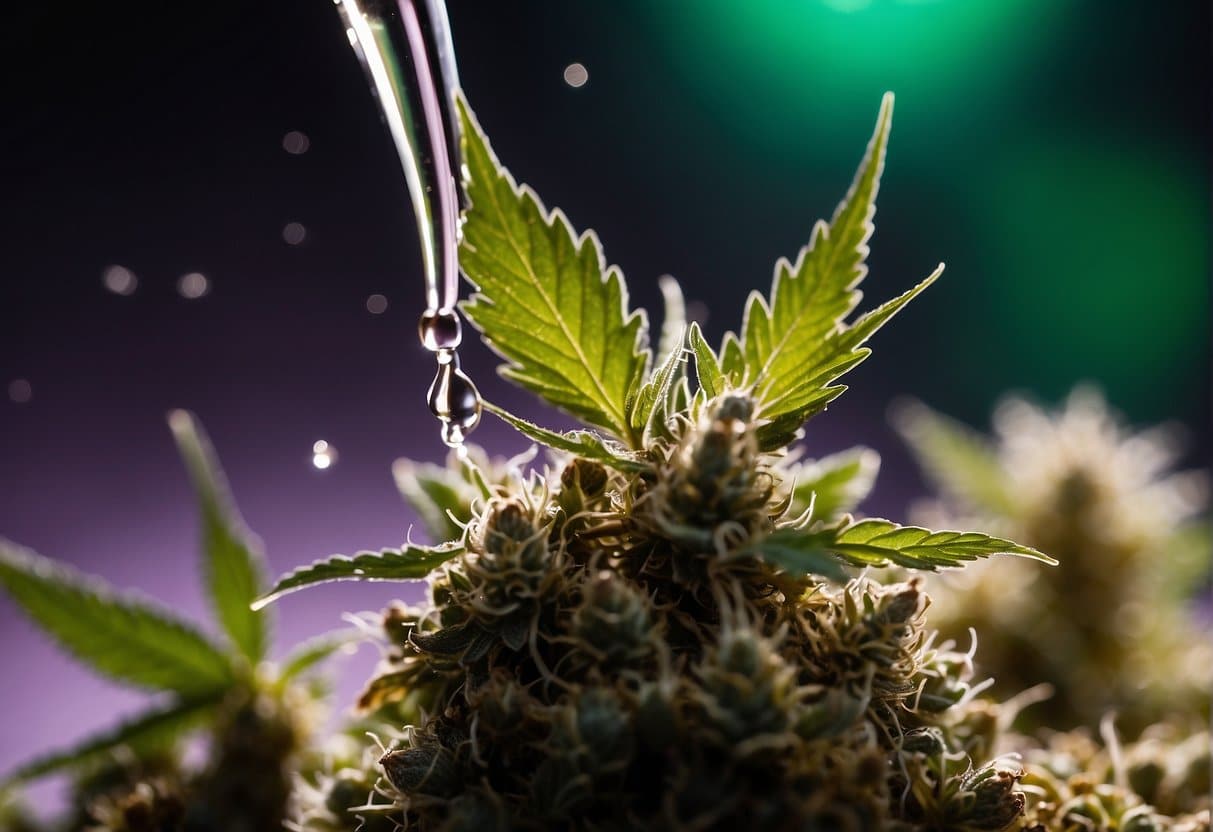What Does THCa Infused Mean? Understanding Cannabinoid-Enhanced Products
Ran into a label that says “**THCa infused**”? Congrats, you’ve just hit the jackpot of **tetrahydrocannabinolic acid**. Picture it as THC’s chill cousin, still kickin’ it in its pure form, not zapped by heat yet. Through a wizardry step called decarboxylation, or just “heating up,” THCa morphs and revs up into THC – that’s the ticket to Wonderland. But with “**THCa infused**”, you snag the mellow, easy-going version – no ticket for a brain coaster ride. Ideal for folks looking to soak in the ambiance minus the mental tango. Buckle up! You’re about to dive into the world of THCa, discovering secrets that’ll get everyone buzzing.
- Understanding THCa
- The Infusion Process
- THCa Infused Products
- Consumption Methods
- Health and Safety
- Frequently Asked Questions
- What is the difference between THCa and Delta 9 THC?
- Can consuming THCa produce a psychoactive effect?
- How does THCa affect the brain when infused in products?
- Are there any notable side effects associated with THCa?
- What are the legal considerations regarding THCa products?
- Why has THCa gained popularity in recent times?
THCa has gained interest for its potential therapeutic properties, which are believed to include anti-inflammatory and neuroprotective effects. Products labeled as THCa infused typically aim to deliver the benefits of this cannabinoid without the psychoactive effects associated with THC. These products might include edibles, oils, or topicals that use raw cannabis extracts or juice.
Understanding THCa
When you come across the term “THCa infused,” it refers to products that contain Tetrahydrocannabinolic acid, a non-psychoactive precursor to THC found in raw cannabis plants.
THCa Overview
THCa, or Tetrahydrocannabinolic acid, is the acid form of THC found in unprocessed cannabis. Unlike THC, THCa is non-psychoactive, which means it won’t produce the high commonly associated with cannabis. Your interest in “THCa infused” products likely stems from this compound’s potential therapeutic effects, which are garnering increasing attention from researchers and consumers alike.
Decarboxylation Process
To convert THCa into the psychoactive THC, a process known as decarboxylation is necessary. This chemical reaction occurs through the application of heat, as seen when you smoke or vaporize cannabis. During decarboxylation, the THCa molecule drops a carbon atom, transforming into the active THC that affects your endocannabinoid system. Decarboxylation is a critical step for activating the psychoactive potential of cannabis in various preparations, such as edibles and oils.
The Infusion Process
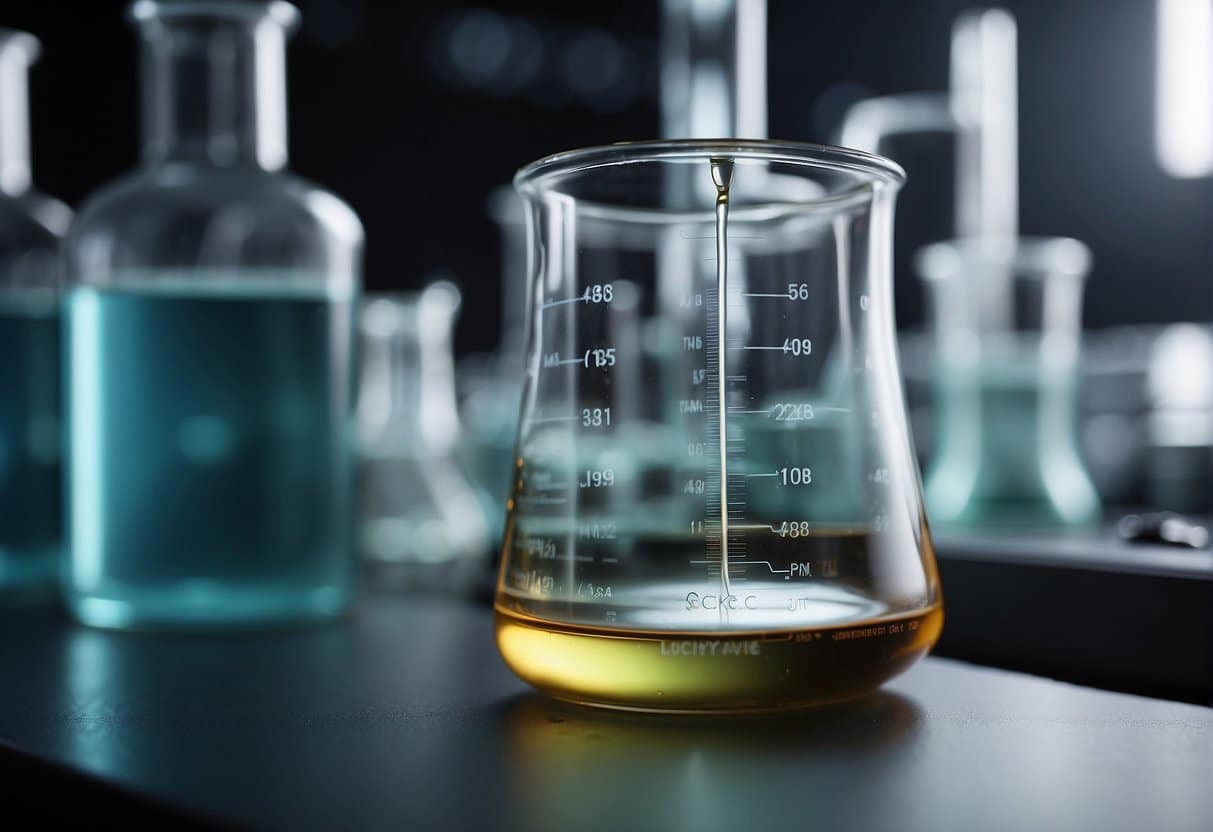
When you encounter “THCa infused,” it typically refers to the process of integrating THCa, the non-psychoactive precursor to THC found in cannabis, into various products.
Methods of THCa Infusion
THCa is infused into oils or other products through several methods:
- Decarboxylation: Before infusion, THCa must undergo decarboxylation, which is a heating process that converts THCa into the psychoactive THC.
- Solvent-Based Extraction: This involves dissolving cannabis in substances like alcohol to extract THCa, which is then evaporated to leave a concentrated product.
- Fat-Based Infusion: THCa is highly soluble in fats, making oils like olive or MCT ideal for infusion after decarboxylation.
Benefits and Considerations
Infusing products with THCa carries potential benefits along with considerations:
- Controlled Dosage: Infusions can provide precise dosing, especially important for medicinal users who rely on consistent strength for symptom management.
- Flavor and Aroma: Infusions can incorporate the unique flavors and aromas of cannabis without the need for inhalation, offering an alternative consumption method.
However, it’s crucial to consider:
- Legal Restrictions: Ensure you are compliant with local laws and regulations surrounding cannabis products.
- Safety: Professional laboratories should undertake the extraction process to avoid contamination and ensure product purity.
THCa Infused Products
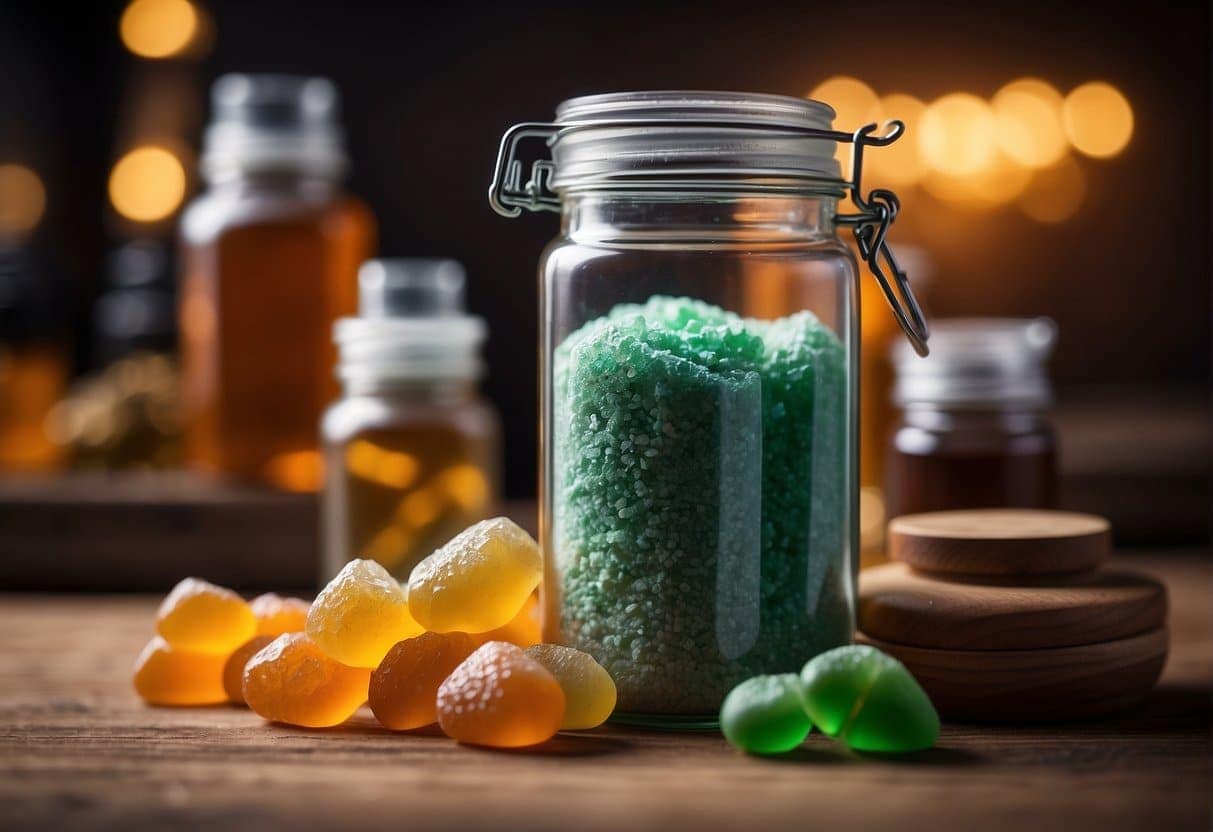
THCa infused products contain THCa, the non-psychoactive precursor to THC found in raw cannabis. These products provide the benefits of THCa without the high associated with THC.
Types of Infused Products
You’ll find THCa in a variety of forms, each designed to meet specific needs and preferences. Common types of THCa infused products include:
- Oils and Tinctures: Often used sublingually for quick absorption.
- Juices and Edibles: Incorporated into foods which maintain THCa without converting to THC.
- Topicals: Like creams and salves, applied to the skin for localized relief.
- Powders: Can be added to foods and drinks or used in recipes for homemade edibles.
A study on the stability of cannabis tinctures discusses the transformation of THCa to THC over time, which is crucial when considering the type of product you choose.
Labeling and Regulation
With the growing cannabis market, regulations and accurate labeling are paramount to ensure consumer safety and product efficiency.
- Accurate Labeling: Product labels should clearly state the amount of THCa, with details on potential THC conversion.
- Regulatory Compliance: Products must adhere to local and federal laws, which vary by region and might affect availability and labeling requirements.
A systematic review on the oral administration of cannabis highlights the importance of labeling, especially concerning dosage and cannabinoid profiles.
Consumption Methods
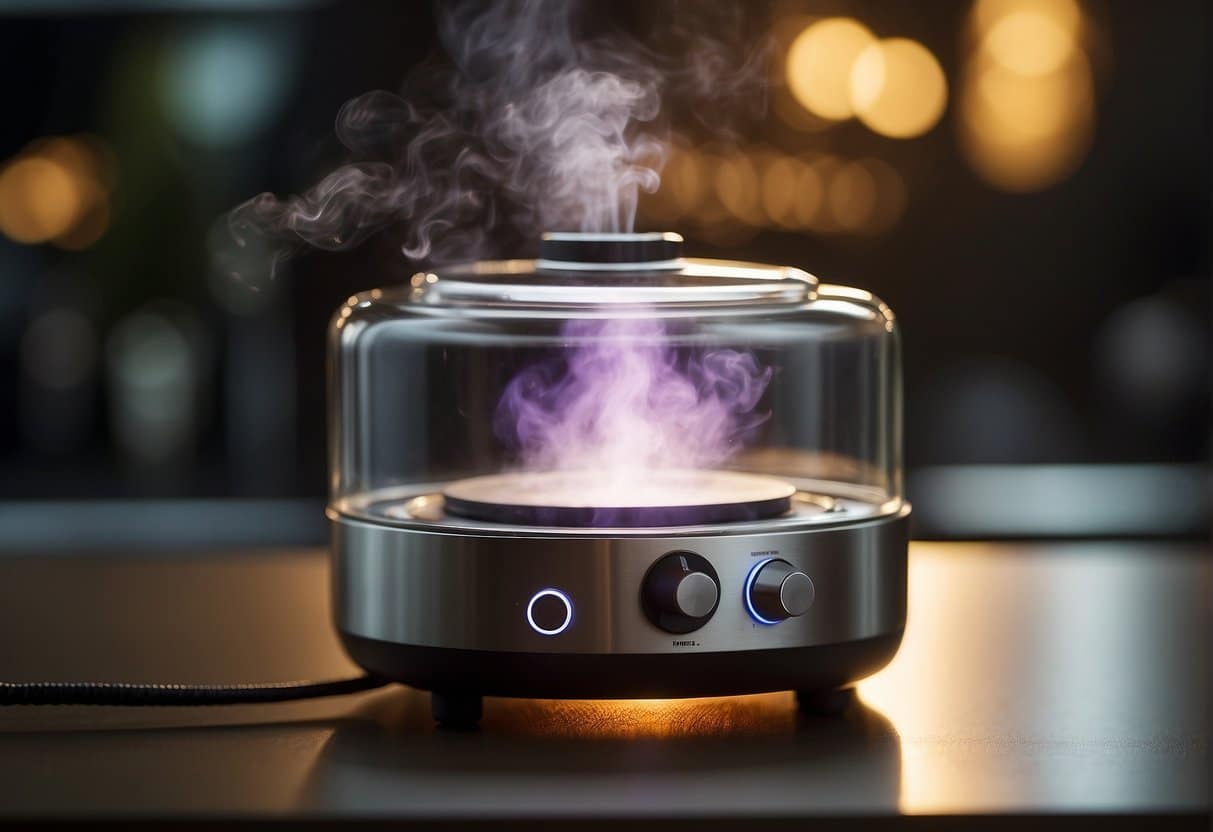
Understanding how to consume THCa infused products is crucial for achieving the desired effects. The two primary methods for consumption are inhalation and ingestion, each offering a unique experience and onset time of effects.
Inhalation
When you inhale THCa infused products, the heat from smoking or vaporizing converts THCa into THC, the psychoactive compound that produces a ‘high.’ Inhalation is a quick method to feel the effects, making dosage control easier. Varieties of inhalation include:
- Smoking: Combusting cannabis flowers or concentrates in a pipe, bong, or joint.
- Vaporizing: Using a vaporizer to heat cannabis without burning it.
Ingestion
Ingestion involves eating or drinking THCa infused products, such as edibles or tinctures. This method results in a delayed onset of effects, as THCa is converted to THC in your digestive system. Examples of ingestion methods include:
- Edibles: Foods such as cookies, gummies, or chocolate infused with cannabis extracts.
- Tinctures: Cannabis concentrates dissolved in alcohol or oil, taken sublingually or added to food or drinks.
Health and Safety
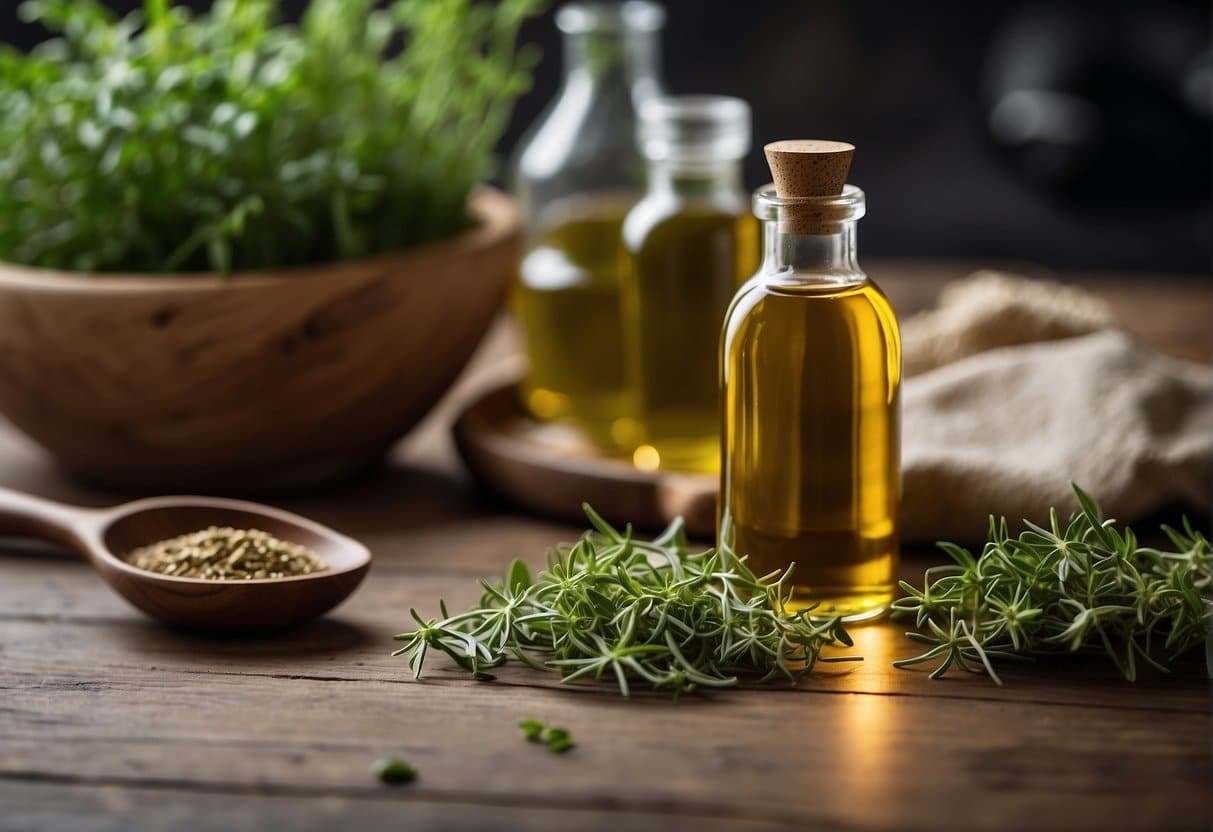
When considering THCa-infused products, your key concerns will likely revolve around their potential effects and the safety guidelines that govern their use.
Potential Effects
THCa (Tetrahydrocannabinolic acid) is a non-psychoactive precursor to THC, the main psychoactive compound in cannabis. When THCa-infused products are exposed to heat in a process called decarboxylation, they convert to THC, which can produce mind-altering effects. According to a study published on Springer, THCa itself is not psychoactive, but its transformation to THC means that any product infused with THCa has the potential for psychoactivity if decarboxylated.
Safety Guidelines
When you use cannabis-infused products, it is vital to adhere to the safety testing guidelines to ensure the product’s quality and purity. Contaminants such as pesticides, heavy metals, or microbial organisms must be absent, and potency should be clearly labeled to inform safe usage. As indicated in a resource on the K-State Research Exchange, the safety and effectiveness of these products depend on rigorous testing and monitoring throughout the entirety of the production process, from farm to final product. Always consult with a medical professional before using THCa-infused products, especially if you have underlying health conditions or are taking other medications.
Frequently Asked Questions
When it comes to understanding THCa and its role in cannabis products, you might have several questions. Here is a straightforward look into the most common inquiries.
What is the difference between THCa and Delta 9 THC?
THCa, short for tetrahydrocannabinolic acid, is a non-psychoactive precursor to Delta 9 THC found in raw cannabis. When THCa is heated, it converts to Delta 9 THC, the compound known for its psychoactive effects.
Can consuming THCa produce a psychoactive effect?
No, consuming THCa in its raw form does not produce psychoactive effects as it needs to be decarboxylated, often through heating, to transform into the psychoactive Delta 9 THC.
How does THCa affect the brain when infused in products?
Since THCa is non-psychoactive, it doesn’t affect the brain in the same way Delta 9 THC does. However, when infused in products and decarboxylated, it can affect the brain by interacting with cannabinoid receptors, potentially offering therapeutic benefits.
Are there any notable side effects associated with THCa?
While research is ongoing, THCa does not typically have the side effects associated with THC, such as euphoria or impairment. However, everyone’s reaction to cannabinoids can vary, and more research is needed to fully understand the side effects of THCa.
What are the legal considerations regarding THCa products?
The legal status of THCa-infused products can vary by jurisdiction, primarily due to their potential to convert into THC. It’s important to check your local laws to understand the legal considerations regarding the possession and use of THCa products.
Why has THCa gained popularity in recent times?
THCa has gained popularity for its potential therapeutic benefits without the psychoactive effects of THC. Its popularity is also due to its versatility, as it can be incorporated into edibles, oils, and other cannabis-infused products.

